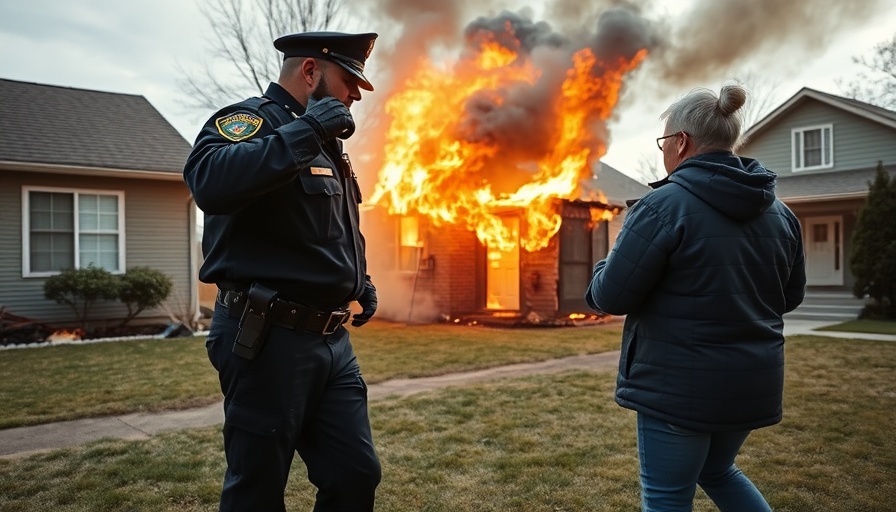
Flare Gun Incident Highlights Need for Officer Safety Training
The bizarre incident in Marion County, where a man fired a flare gun at a sheriff's deputy, sheds light on the unpredictable nature of law enforcement encounters. Such unexpected behavior underscores the necessity for ongoing officer safety training to prepare for strange scenarios, thereby minimizing risk during unpredictable human interactions.
Analyzing Erratic Behavior in Suspects: A Growing Concern
In recent years, law enforcement professionals have reported an uptick in erratic behavior among individuals, often linked to mental health issues or substance abuse. This situation also raises questions about the police's preparedness to engage with individuals who may be experiencing a mental health crisis. The incident, marked by the suspect’s refusal to comply and bizarre actions, calls attention to the value of equipping officers with de-escalation techniques and mental health awareness during their training.
Technological Solutions to Enhance Officer Decisions
As highlighted by the body-worn camera footage from the incident, technology acts as a crucial factor in officer accountability. The use of body cameras not only aids in documenting officer interactions but also promotes transparency in law enforcement. Investing in such technologies could improve accountability and foster community trust, which is vital for the relationship between police departments and the communities they serve.
Community Relations: The Role of Public Engagement
This odd event reiterates the importance of strong police-community relationships. Law enforcement agencies are encouraged to carry out community engagement initiatives, ensuring that the public understands the protocols and challenges faced by officers. Encouraging dialogue around bizarre incidents can enhance community trust and facilitate better cooperation in the future.
Conclusion: A Call for Comprehensive Policies
In light of this incident and similar occurrences, law enforcement agencies must adopt comprehensive policies that emphasize both officer safety and community trust. By focusing on mental health training, technological advancements, and proactive community relations, police departments can better prepare for unpredictable situations and improve their reactive strategies.
 Add Row
Add Row  Add
Add 

 Add Element
Add Element 


Write A Comment